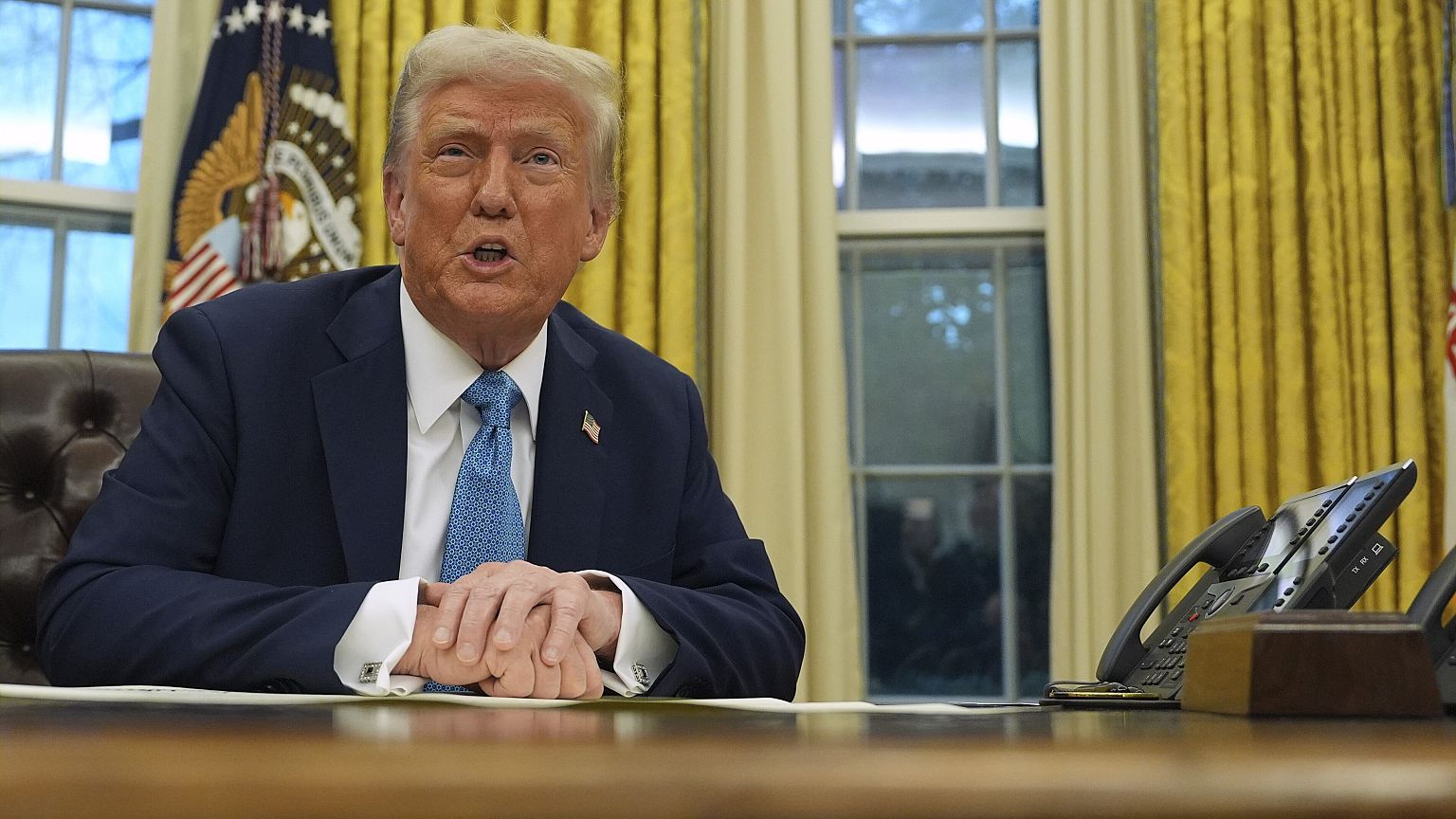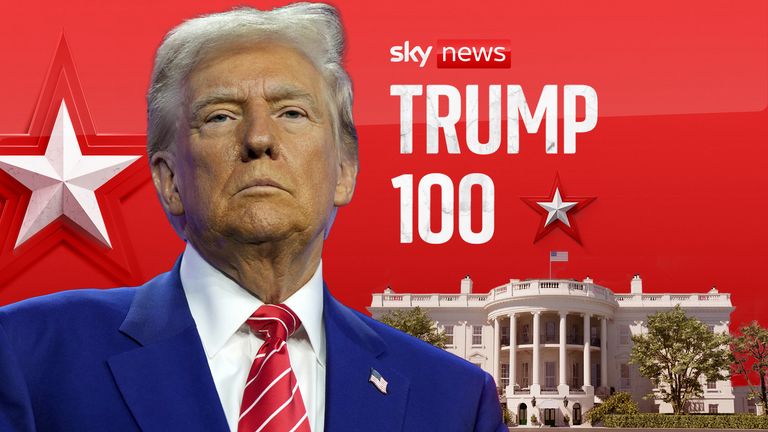Trump Refuses to Pick Sides in Critical Ukraine Conflict, Sparking Debate
In a recent statement that has ignited discussions across political and diplomatic circles, former President Donald Trump has refrained from taking a definitive stance on the ongoing conflict in Ukraine. During a press conference, when asked to choose sides in the dispute between Ukraine and Russia, Trump stated, "I don’t want to say that," leaving many to speculate about his views and the implications for U.S. foreign policy.
Background & Context
The conflict in Ukraine has escalated since Russia"s annexation of Crimea in 2014, resulting in a protracted war that has claimed thousands of lives and displaced millions. The United States has been a staunch supporter of Ukraine, providing military aid and humanitarian assistance. However, Trump"s ambiguous stance raises questions about the future of U.S. involvement in the region, especially as tensions continue to mount.
As previously reported, Trump has expressed skepticism about the effectiveness of U.S. aid to Ukraine, suggesting that past administrations have not done enough to ensure a swift resolution to the conflict. This latest statement comes at a time when the Biden administration is actively engaging in diplomatic efforts to support Ukraine while also seeking to stabilize the broader European security landscape.
Key Developments
During the press conference, Trump highlighted the complexities of the situation, stating, “There are many factors at play, and I don’t want to say that one side is better than the other.” This comment has drawn criticism from both sides of the political aisle, with some viewing it as a sign of his isolationist tendencies and others interpreting it as a pragmatic approach to a multifaceted conflict.
Trump"s recent remarks contrast sharply with his earlier support for Ukraine. In previous instances, such as when he hosted Ukrainian President Volodymyr Zelensky at the White House, he hinted at potential breakthroughs in peace talks. This shift in rhetoric could reflect a growing concern among some Republicans about the ramifications of continued military support for Ukraine, particularly amid rising inflation and other domestic challenges.
\n\n
Image for Trump Refuses to Pick Sides in Critical Ukraine Conflict, Sparking Debate
Broader Impact
The implications of Trump"s stance are significant, as they resonate beyond U.S. borders. Experts fear that a lack of clear U.S. support could embolden Russian aggression, potentially leading to further territorial claims in Eastern Europe. Analysts argue that Trump"s reluctance to pick sides may undermine the unified front that Western nations have presented against Russia, complicating ongoing efforts for a peaceful resolution.
Historically, the U.S. has played a pivotal role in mediating international conflicts, and Trump"s ambiguous position may signal a shift towards a more isolationist foreign policy. This change could have lasting effects on NATO alliances and the international order, particularly as countries like China observe the U.S. response to the Ukraine crisis.
What"s Next
As the conflict in Ukraine continues, political analysts are closely monitoring how Trump"s comments will influence future U.S. foreign policy. With upcoming elections on the horizon, candidates will likely need to address their positions on Ukraine, drawing contrasts with Trump’s ambiguous approach. Furthermore, the Biden administration"s strategies in providing military aid and engaging in diplomatic discussions will be scrutinized as they work to navigate the complexities of international relations.
In the meantime, related coverage on Trump"s advocacy for a ceasefire amid ongoing conflicts emphasizes the urgent need to save lives and stabilize the region. This approach may resonate with voters who prioritize peace over prolonged military engagement. The dialogue surrounding the Ukraine conflict remains dynamic, and developments in the coming weeks will be crucial in shaping both U.S. policy and international responses.

Image for Trump Refuses to Pick Sides in Critical Ukraine Conflict, Sparking Debate



![[Video] Gunfire between Iraqi security forces and Sadr militias in Baghdad](/_next/image?url=%2Fapi%2Fimage%2Fthumbnails%2Fthumbnail-1768343508874-4redb-thumbnail.jpg&w=3840&q=75)
